A young Elio Altare (nowadays known producer of Barolo in Piemonte, north west of Italy) demolishes the old large barrels used for aging wine by his father in the 80s!
Now we can “philosophize” about the popular labels used in Italy to identify the producers of Barolo: “modernists” (for those who use the “modern” barrique –small wood container of 225 L – and who have made some changes to the production of Barolo in the 80s) and “traditionalists” (producers who still use big barrel to refine wine and not only). Or we can demonstrate all the info learned at the sommelier lecture, spending hours with our nose in the wine glass, comfortable, from the sofa in our house. But here we are talking about someone who – at that time- lived a state of misery and without understanding why since the neighboring producers of reds, the fateful French, used to spend their holidays in the French Riviera, while our farmers (label them as you want , modernists and traditionalists) were working hard and hard in the vineyard without much revenue in many cases. We are talking about Mr. Elio Altare, disinherited by his father as a result of its “operations” in the cellar. About Ms. Chiara Boschis criticized by its own employees, especially when in old age, as they cannot really understand the sacrifice of grapes left on the ground in favor of a yelds reduction (practice used to increase the concentration of the grapes that remain on the plant). We are talking about a group of producers (in addition to Ms. Boschis and Mr. Altare, there are Mr. Rivetti, Mr. Voerzio and the importer Mr. Marco de Grazia) which, as never before and elsewhere managed to create a… team! ‘Team’: word of the vocabulary, in Italy known exclusively in football! So a possible flaw of this group of young people is having disbanded the team. What acknowledged by the same Petrini (President of the notorious international association “Slow Food”, and more) in a much larger speech.
And I’m talking about those who “wanted to make the best wine in the world” masterfully documented by Paolo Casalis and Tiziano Gaia in “Barolo Boys” (trailer), the documentary rewarded at Torino Film Festival as part of DOC Wine Travel Food 2014: the competition that rewards the best films concerning wine&food themes. “Barolo Boys” can be enjoyed also by non-experts and highlights the revolution these young producers brought in the Langhe wine-area (Piemonte region) in the 80’s.
The revolution dealt with a series of innovations together with the choice of French barriques but not only that: for example reduction of the yields and making wine by separating each “cru”, each vineyard; they met international tastes and conquered American markets until one day they were called “Barolo Boys” by The New York Times. But the famous producer Bartolo Mascarello did not like that -as reported by the movie- who declared to be disappointed by the fact thet these young people went to France to learn how to make wine (Barolo) and not surprisingly known for irreverent labels: “No barrels – NO Berlusconi” (so referring to wine production and Italian politicians at once). On the other hand, as stated by Elio Altare, “what does modernity means? My kids will use my methods … as family tradition!”
So with many opposing interventions remarkable Barolo’s producers, the documentary tells a fascinating story with the participation of Carlo Petrini and the entrepreneur Oscar Farinetti, through the narration of Joe Bastianich, the local orchestra and many others including the football team that was born in the 90s with the same revolutionary spirit.
The issue is: these young “rebels” have managed to make Barolo famous all over the world, risking their resources. Has the success made them vain? “well, it is human” as Marco de Grazia states too. They are instead an example in times of crisis like these… maybe they also followed a trend they but have been right about so many things and their wines are really valuable. And if today some of them are returning to regain some big barrel is in the simple order of things, in the experimental nature of the manufacturer or a way to extend the range or maybe, even better, to satisfy those who, having known Barolo thanks to this revolution, today like to discover the different methods of production, previously less known despite the big names of wines I really love and promote, that we all know.
But why do not we enjoy a success preferring to discuss about everything: the best producer, the best methods and so on…Sometimes it seems to me that each attempt to demonstrate to know something more than the other. Now, it is fine to discuss about what style or brand you prefer, but if we only put all this energy to tell better our territories and culture we would be even more appreciated.
The inability to make synergy is our largest limit in Italy but we could start by stopping in criticizing each other and convincing us that we have all the right features to be successful worldwide.
This is demonstrated, for example, by Italian wines as well as the winners of this DOC Wine Travel Food competition itself: in addition to the documentary “Barolo Boys”, a delicate short film ‘Via tempio Antico” by Mr.Michele Alberto Chironi that tells the tradition of bread making in a small town in Puglia (south of Italy), without dialogues and only with sounds and noises of the night and of those operations. The winner of the last category “feature film” is “In grazia di Dio” by Edoardo Winspeare, which tells the story of four women who return to the land being their tailoring business failed because of chinese competition: a history of real truth, without a final I would say , concrete, without pretending to throw particular messages but with the goal of photographing the reality when beauty alternates with the bad and vice versa, again in Puglia region.





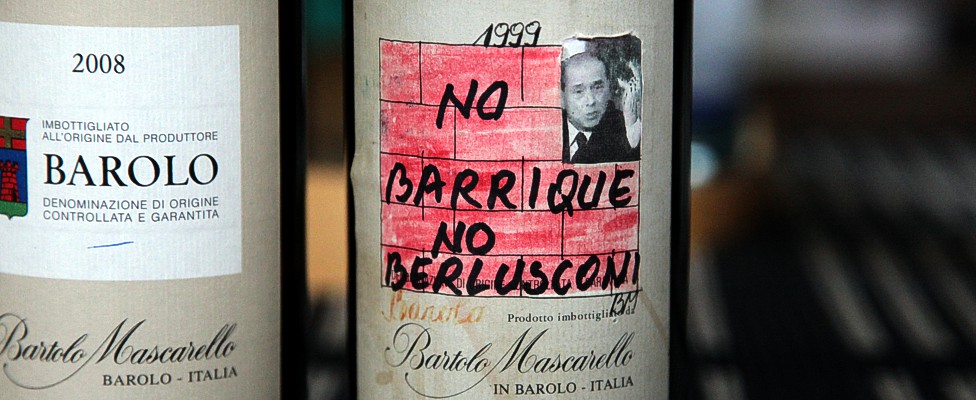
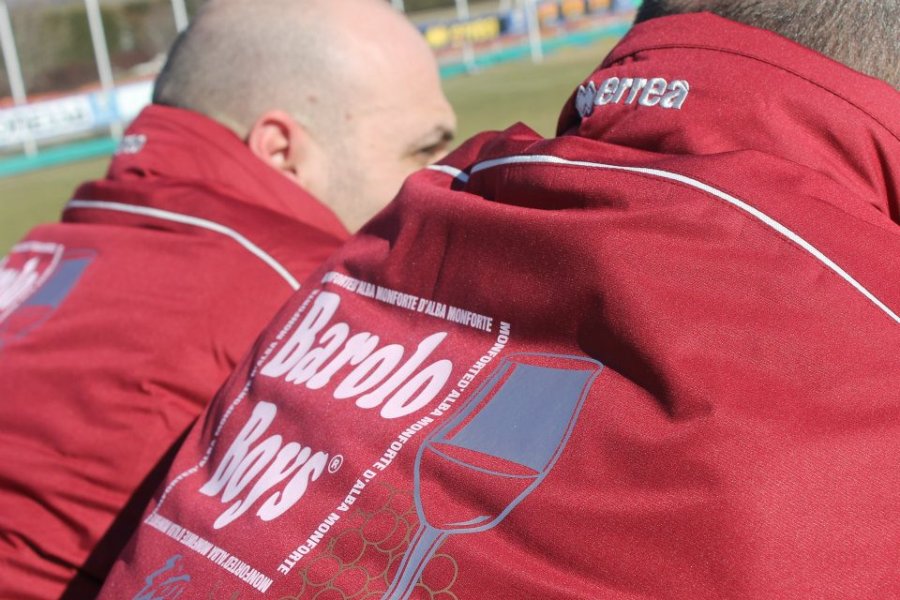
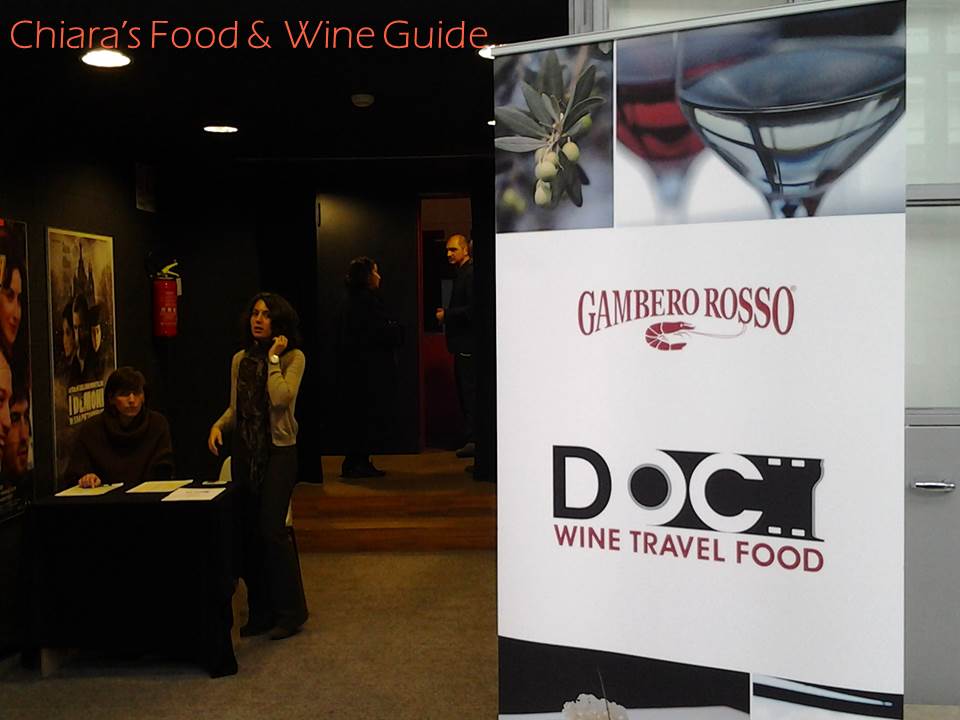
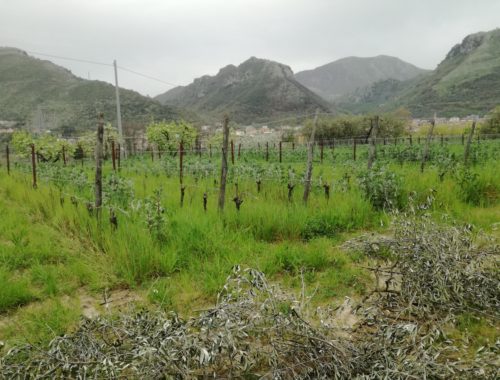
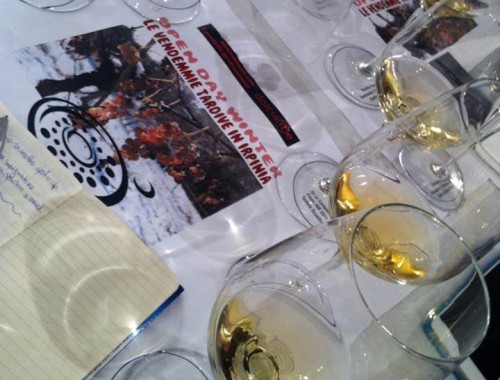
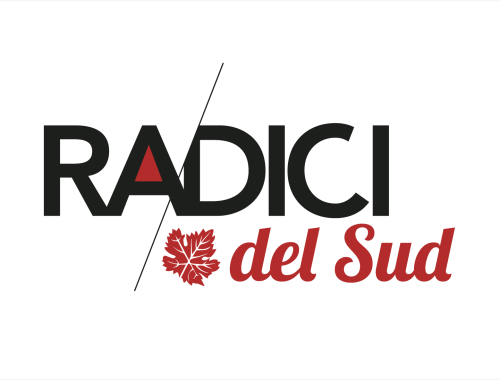




[…] ma ci sono anche produttori che preferiscono le più “moderne” barriques (ne hanno fatto un film a riguardo); invecchia 38 mesi (di cui almeno 18 in legno); la versione Riserva addirittura 62 […]
[…] as already discussed again, everything happens also thanks to a phenomenon, the story of Barolo Boys, a group of young producers who between the 80s and the 90s choose to make a “revolution” with […]
[…] of Ciro Boys, a group of young winemakers of the area that “steals” the expression to their colleagues in Piedmont, to promote the area by […]
[…] Un interessante lavoro e spunto di riflessione è però rappresentato dal documentario Barolo Boys di cui si è tanto parlato e che pare stia facendo il giro del mondo, ecco alcune note: http://chiarasfoodandwineguide.com/2014/12/02/baroolo-boys-the-movie-il-documentario-di-una-rivoluzi… […]